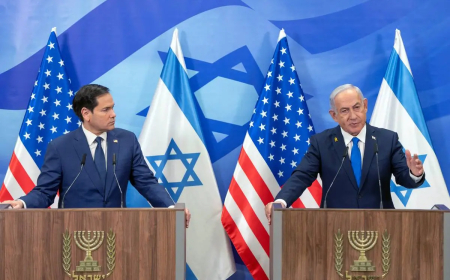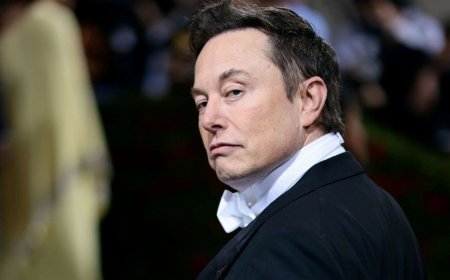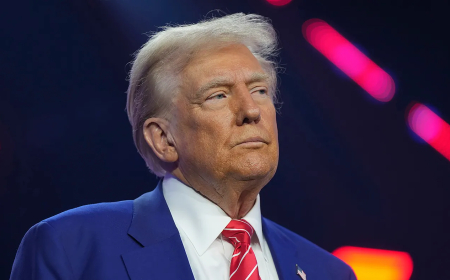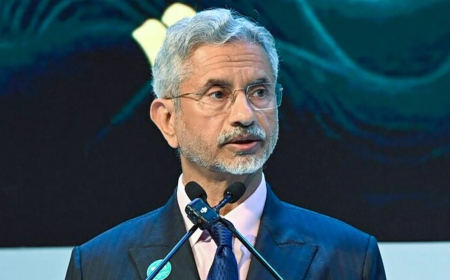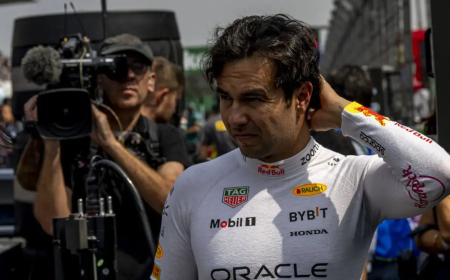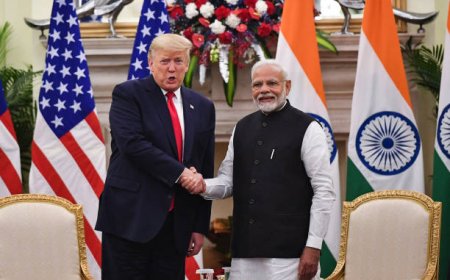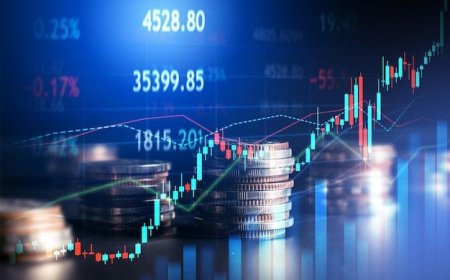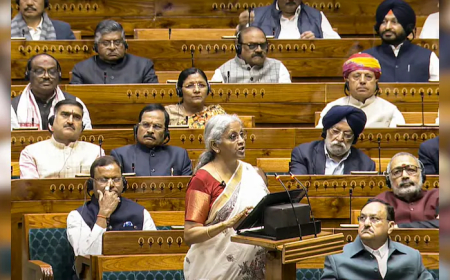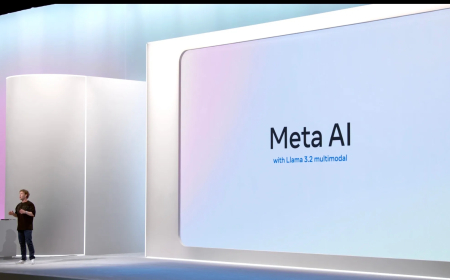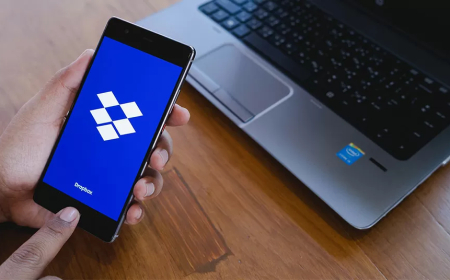Musk's Mission to Streamline Governance: Unfettered Access to US Financial Backbone
Elon Musk's newly formed department for government efficiency gets unrestricted access to the US payments system, sparking both intrigue and concern. What does this mean for the future of governance and fintech?
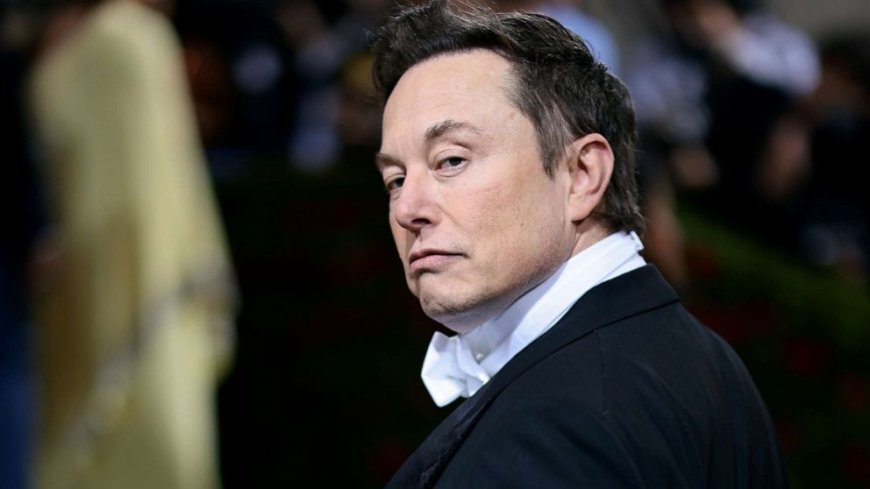
In a move that has left many in the realms of both technology and governance bewildling, Elon Musk, the visionary entrepreneur behind SpaceX and Tesla, has been granted unparalleled access to the US payments system through his recently established department focused on enhancing government efficiency. This development, as reported by sources close to the matter, underscores the increasingly blurred lines between the private sector's innovative prowess and the public sector's quest for modernization.
At the heart of this unprecedented collaboration lies Musk's self-proclaimed mission to revolutionize the operational efficiency of the US government, leveraging his proven track record in disrupting traditional industries through cutting-edge technology. The unfettered access to the US payments system, a backbone of the country's financial infrastructure, is seen by many as a bold, albeit untested, step towards streamlining governmental transactions and services.
The implications of this move are multifaceted and far-reaching. On one hand, proponents argue that integrating Musk's innovative approach could significantly reduce bureaucratic red tape, enhance the speed of public service delivery, and potentially save taxpayers billions of dollars in operational costs. The prospect of real-time, efficient, and transparent governance is indeed tantalizing, especially in an era where digital transformation is no longer a choice but a necessity.
On the other hand, critics and skeptics are raising eyebrows over the potential risks and the lack of transparency in granting such sweeping access to a private entity, no matter how visionary its leader. Concerns over data privacy, the security of sensitive financial information, and the potential for unchecked influence over the nation's financial backbone are being voiced. Moreover, the question on everyone's mind is whether this sets a precedent for future collaborations, potentially opening the floodgates for other private interests to gain similarly privileged access.
The US payments system, overseen by the Federal Reserve and the US Treasury, among other regulatory bodies, is one of the most secure and complex financial networks globally. Granting full access to this system to a newly formed entity, regardless of its founder's stature, is a decision that will undoubtedly be scrutinized by regulatory bodies, cybersecurity experts, and the general public alike.
As the world watches this experiment unfold, one thing is certain: the future of governance and fintech has just become a lot more intriguing. Whether this bold step will pave the way for a new era of efficient, tech-driven governance or serve as a cautionary tale of overreach remains to be seen. One aspect, however, is undeniable – with Elon Musk at the helm, the journey towards this discovery will be anything but dull.
In the coming months, as more details of this collaboration surface, the international community will be keenly observing the outcomes of this unprecedented marriage between tech innovation and governmental operations. Will Musk's Midas touch once again yield revolutionary outcomes, or will the complexities of the public sector prove a different kind of challenge altogether? Only time, and perhaps a few tweets from the man himself, will tell.


